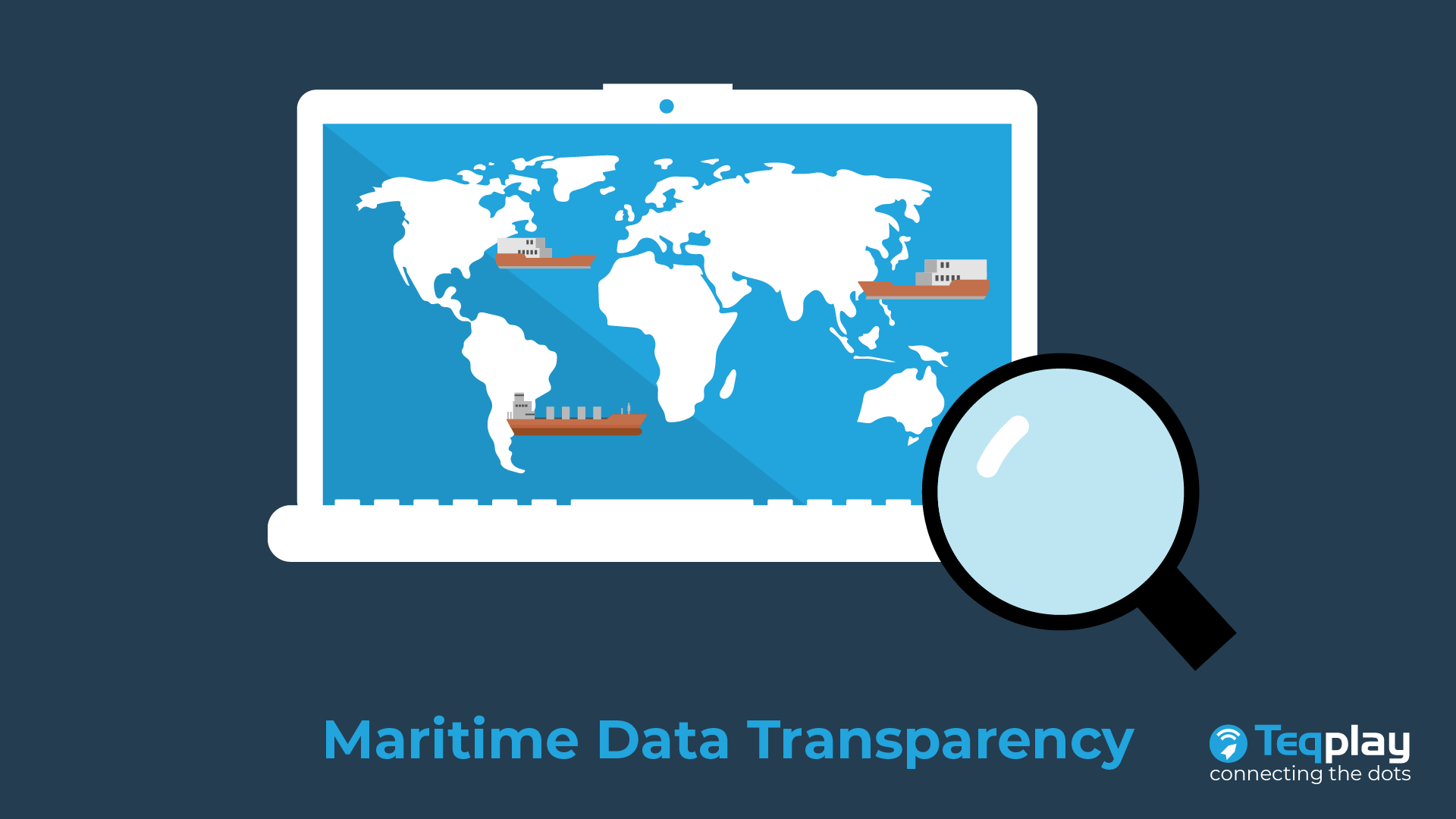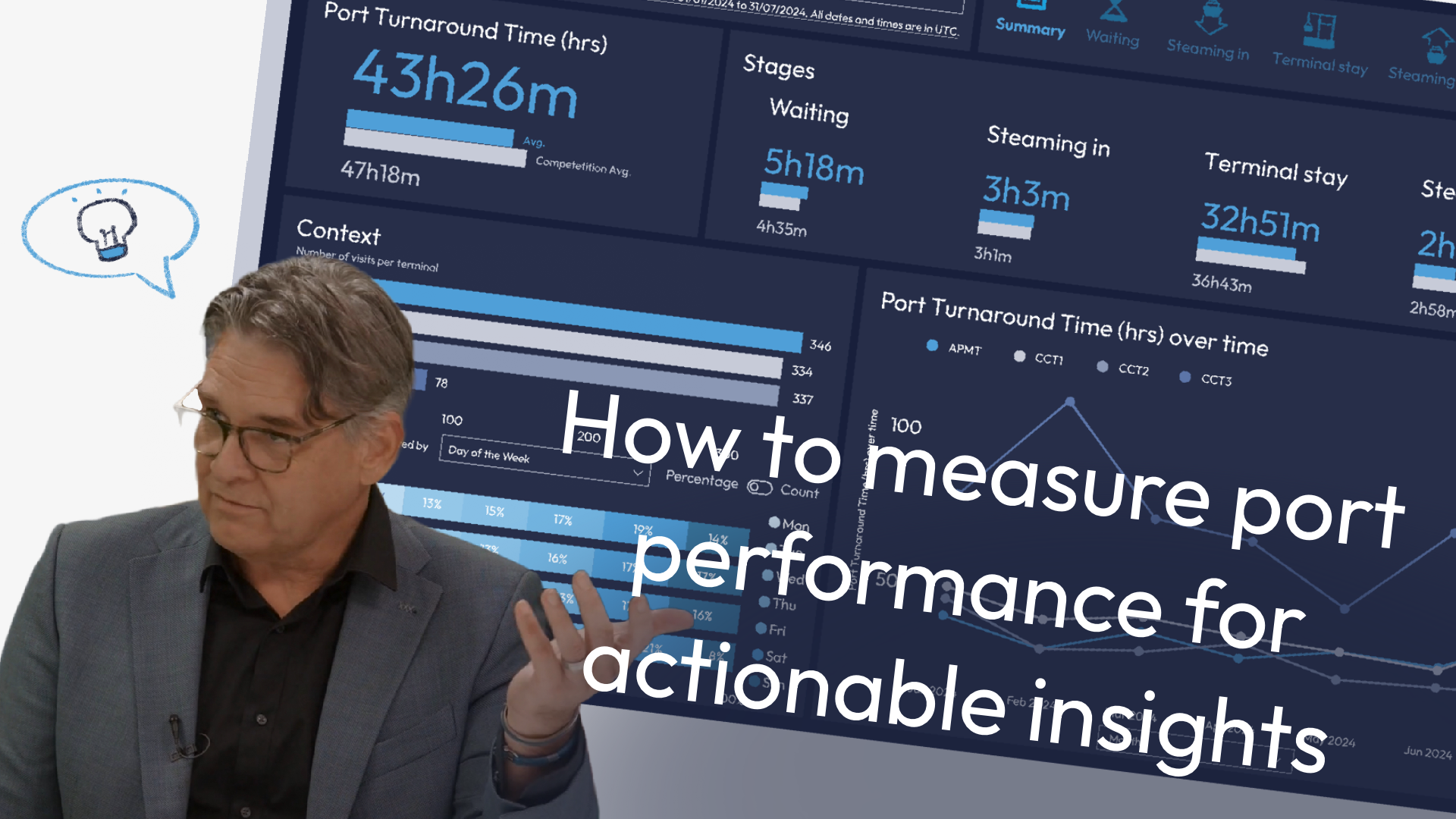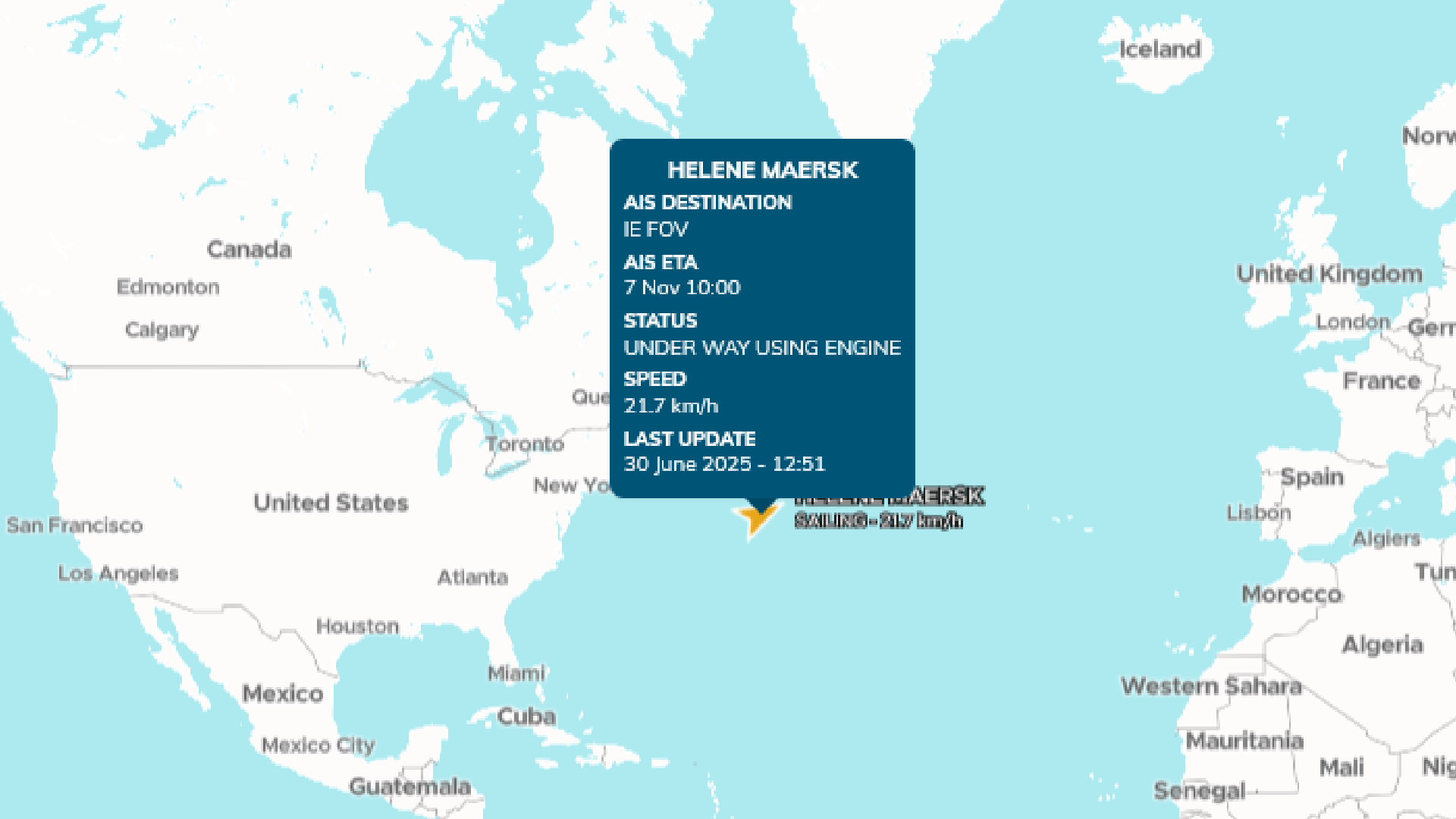“Manual processes which don’t create corresponding digital records are the bane of transparency.” – Kris Kosmala, maritime digital transformation expert.
Full situational awareness, planning optimization, and risk management in shipping are difficult to do without transparency. To enable data transparency, digitization and data sharing are key. In reality, the maritime industry does not yet have an integrated digital information chain to support the physical supply chain, in comparison to air and land transport (according to a report from UNCTAD). To achieve the precision and flexibility of air and land transport, the maritime industry needs to push for more investments in the development of data transparency.
The challenges
The biggest challenge of creating a transparent information chain for maritime transport is data availability. There are many independent actors and stakeholders involved in many different processes, each of whom only share data to advance their own agenda and preserve competitiveness. While each party can optimize their own local system, without collaboration and standardization, the maritime industry will not be able to fully optimize its activities.
The trouble with low data availability also comes from the low level of digitalization in the maritime world. Many maritime actors still rely on traditional methods like papers and Excel sheets to record their activities, which consumes more time and presents a significant bottleneck for the development of data transparency. Digitalization is an important step that maritime businesses will need to take for the industry to achieve full optimization in the maritime transport chain.
Beside the obstacle of data availability, there are also other concerns regarding the quality, security, integration, standardization, as well as analysis of data:
- Data quality: Ensuring that the information provided is accurate and up-to-date can be difficult, as data is often collected from multiple sources and may not be validated.
- Security: Protecting sensitive data from unauthorized access is an ongoing concern.
- Standardization: Different data formats and structures can make it difficult to share and compare information across different organizations and systems.
- Data integration: Combining data from different sources to create a comprehensive view can be challenging.
- Analysis: Making sense of large amounts of data can be difficult, and appropriate tools and expertise may not be available.
Teqplay’s goal is to provide our maritime partners with the right tools and mindset to overcome the challenges of improving transparency in maritime transport. Begin your journey toward a more open and transparent future for the maritime industry today.

Léon Gommans | CEO/Co Founder of Teqplay
A serial entrepreneur who’s passionate about #innovation, #technology, #collaboration, and of course, #maritime. The mission is: to connect the dots & to get it to work, together with the industry!
- +31 (0)6 55306660
- leon@teqplay.com
- Léon Gommans




